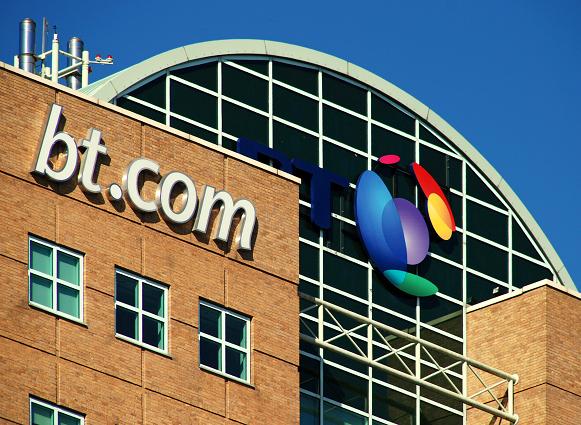A Communication Workers Union (CWU) member
Workers who are employed by BT’s Technology division face 190 compulsory redundancies in the biggest programme of compulsory redundancies ever proposed.
The CWU leadership unfortunately accepted that jobs would disappear, and tried to negotiate a ‘job swap’ arrangement where those selected for compulsory redundancy and didn’t want to go could swap with workers in similar jobs who wanted voluntary redundancy.
A deal was almost in place when BT suddenly reduced the amount of severance pay ‘job swappers’ could get from a maximum of two years’ salary to one. This is likely to drastically reduce the number of workers wishing to take voluntary redundancy.
The union made concessions during negotiations, allowing management discretion in assessing the suitability of job swaps and letting them stretch the definition of similar jobs.
BT is being completely vindictive; before the CWU’s job swap proposal it would have budgeted for paying the maximum level of redundancy pay. Now it has taken it away because it isn’t in complete control of who will be made redundant. It is likely that BT wants to have the complete ability to select the most expensive and awkward workers for redundancy. The CWU’s counter-proposal would have cost nothing.
Years of concession bargaining allowed BT to think that the union is weak enough to allow it its own way, and this is the natural consequence.
BT as a whole wants to rationalise its desk-based staff to just 30 locations – which will mean further large scale redundancies. This was unveiled before the Covid pandemic so it can’t blame loss of revenue during Covid for this.
It is time to stop concession bargaining and rely on the members’ strength and anger rather than the non-existent good nature of senior management.
All proposed redundancies should be met with an industrial action ballot and the widest possible mobilisation of the membership, and BT should be taken back into public ownership.








